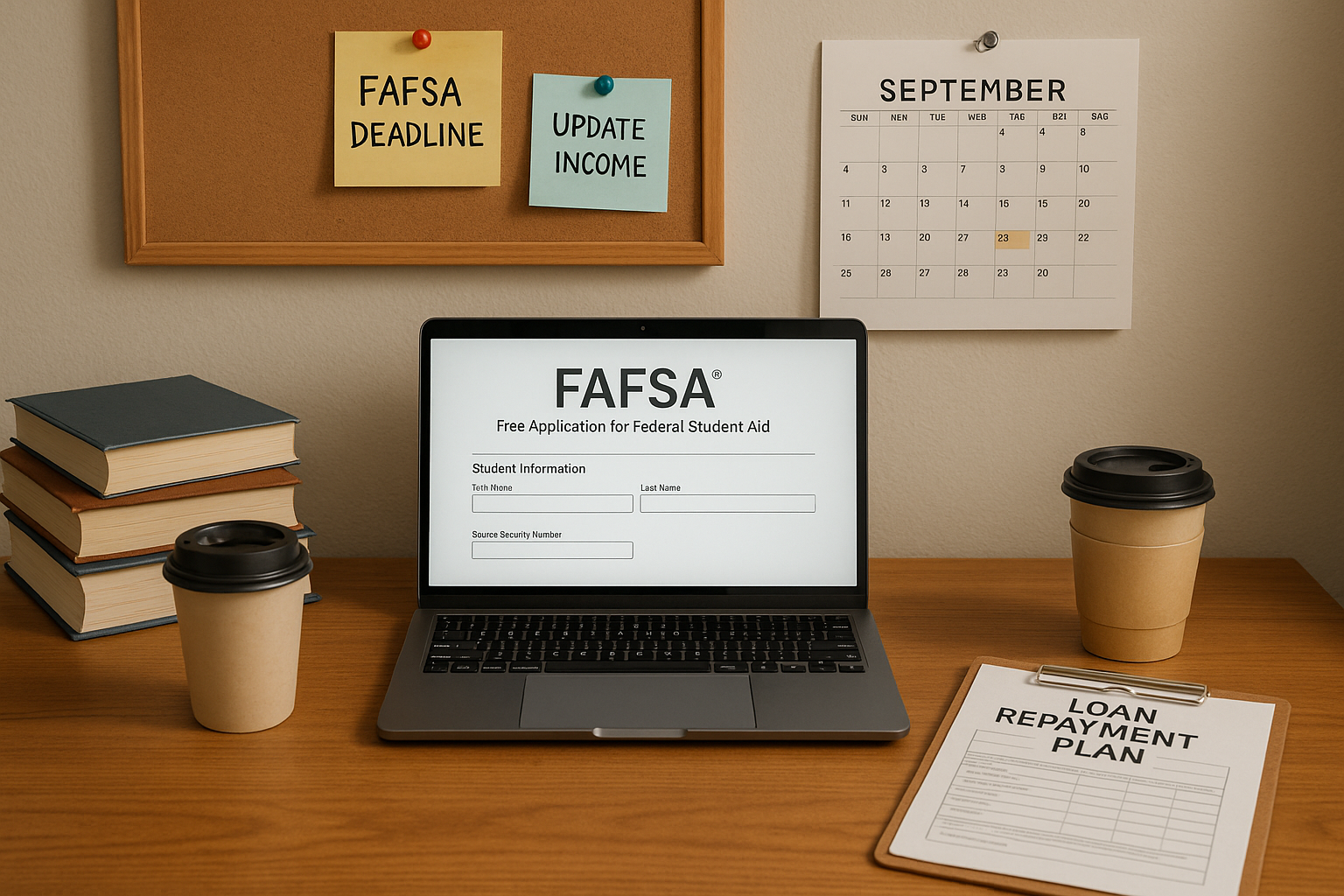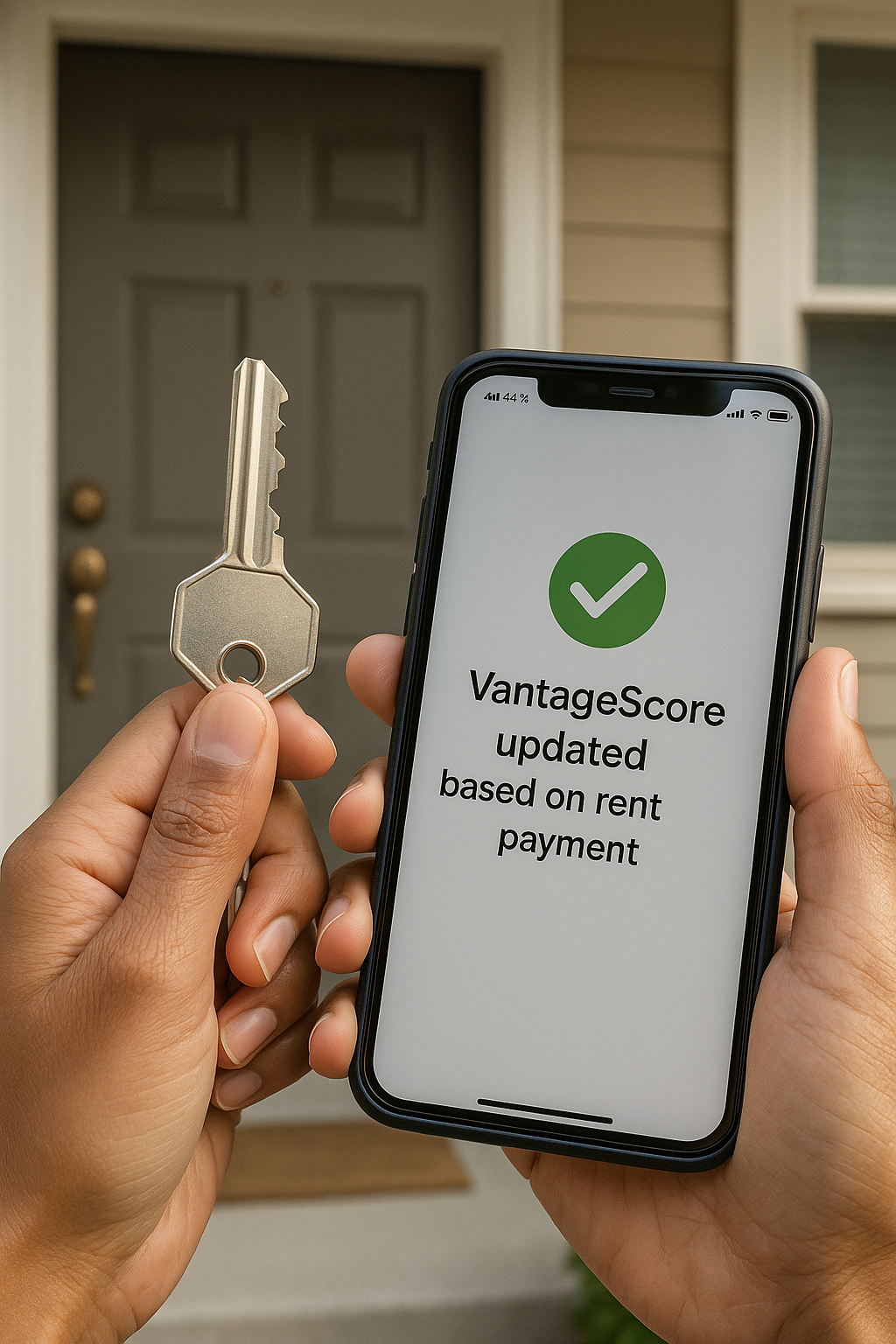
Life, especially when you’re just starting out in your career and finding your footing with money, can feel like a ride full of unexpected twists. For us, young Latinos living and working in the United States, that journey often comes with its own unique set of financial pressures. Building financial resilience isn’t just about saving money; it’s about creating a solid foundation so that when the inevitable “rainy days” hit, we can handle them without derailing our futures.
We know how important stability is. Let’s look at key strategies to fortify our financial lives, making sure we’re prepared for whatever comes next.
1. Build Our Financial Safety Net: The Emergency Fund
This is the cornerstone of resilience. An Emergency Fund is simply cash, held in a safe, separate, and easily accessible account (like a high-yield savings account), that’s there only for true emergencies: a sudden job loss, an unexpected major car repair, or a medical issue.
- The Goal: Aim to save enough to cover three to six months of your essential living expenses (rent, utilities, food, minimum debt payments).
- Why It Matters to Us: Data shows our community is often hit harder by economic instability. According to a 2023 report by the U.S. Census Bureau, the median household income for Hispanic families in the U.S. is lower than the non-Hispanic white median, meaning unexpected financial setbacks can have a greater impact on our stability and recovery time. Having that buffer is essential for peace of mind.
- Actionable Step: Start small. Even saving $50 or $100 from each paycheck is a strong start. Make it an automatic transfer so you don’t even have to think about it.
2. Tame the Debt Monster, Starting with High Interest
Debt can feel like a chain, especially high-interest debt like credit cards. When an emergency strikes, adding more debt to an already heavy load is a fast track to financial stress.
- Prioritize: Focus on paying down debt with the highest interest rates first (often credit cards). This is the fastest way to free up cash flow that can then be directed back into your savings.
- Weighing Our Choices: As young professionals, we might be tempted by the latest consumer items. But every dollar spent on non-essentials could be a dollar saved from future interest payments. Let’s be smart about the debt we take on.
- Student Loans: If you have federal student loans, understand the repayment options available to you, especially those based on your income. Knowledge of these programs, which are U.S. specific, is power.
3. Diversify Our Income Streams
Relying solely on one job can leave us vulnerable. If that income stops, our financial world stops. Resilience means having backup routes.
- Look Beyond the 9-to-5: Explore opportunities for extra income. This could mean using a skill you already have to freelance (writing, design, translation) or starting a side gig.
- The U.S. Economy & Our Role: The rise of the gig economy has made it easier than ever to pick up flexible work. For our community, this flexibility can be key to supplementing our main income and accelerating our savings.
- A Note on Taxes: Remember, any income earned in the U.S. is subject to federal and state taxes. Keep clear records of your side earnings and expenses.
4. Master Our Money: The Budgeting Advantage
A budget isn’t a restriction; it’s a spending map. It tells your money where to go instead of wondering where it went. For building resilience, a budget is how we find the extra money to save.
- Know Your Flow: Track every dollar of income and every dollar of expense for at least one month. This awareness is crucial.
- The Power of Savings: Your budget should treat savings (including that Emergency Fund) as a non-negotiable expense, just like rent or a car payment. Pay yourself first!
- Cultural Context: We often help support family members, which is part of our cultura and a great act of love. If this is a part of your financial life, be sure to include it clearly in your budget so you can plan for it without undermining your own future.
5. Smart Protection: Getting the Right Insurance
Insurance is the ultimate financial firewall. It protects us from a catastrophe that could wipe out years of savings.
- Health Insurance is Non-Negotiable: A single medical emergency can lead to devastating debt in the U.S. Ensure you have adequate health coverage. Understand your deductible and out-of-pocket maximums.
- Consider Renters/Homeowners Insurance: This protects our physical assets. If you rent, Renters Insurance is inexpensive and crucial, protecting your belongings from fire, theft, or damage.
- Life/Disability Insurance: As we grow our careers and families, we should consider how a sudden loss of our income (due to injury or worse) would affect those who depend on us. Disability insurance replaces a portion of your income if you can’t work due to illness or injury.
6. Commitment to Lifelong Financial Learning
The financial rules, laws, and products in the U.S. are always evolving. Our commitment to success requires that we stay informed.
- Stay Sharp: We need to continuously educate ourselves on topics like investment options (401(k)s, Roth IRAs), tax changes, and credit scoring. Financial literacy is directly correlated with financial resilience.
- We Are Here to Help: Use reliable, U.S.-focused resources to expand your knowledge. The more we know, the better decisions we make for ourselves and our families.
Building financial resilience is a journey, not a sprint. By taking these proactive steps: saving, managing debt, earning smart, and protecting our assets, we are not just preparing for rainy days; we are building a more secure and prosperous future for ourselves, our families, and our community. We got this.
We got you!
👉 Ask Gabi, the “judgment free zone” for all of your financial questions!
Stay tuned!







